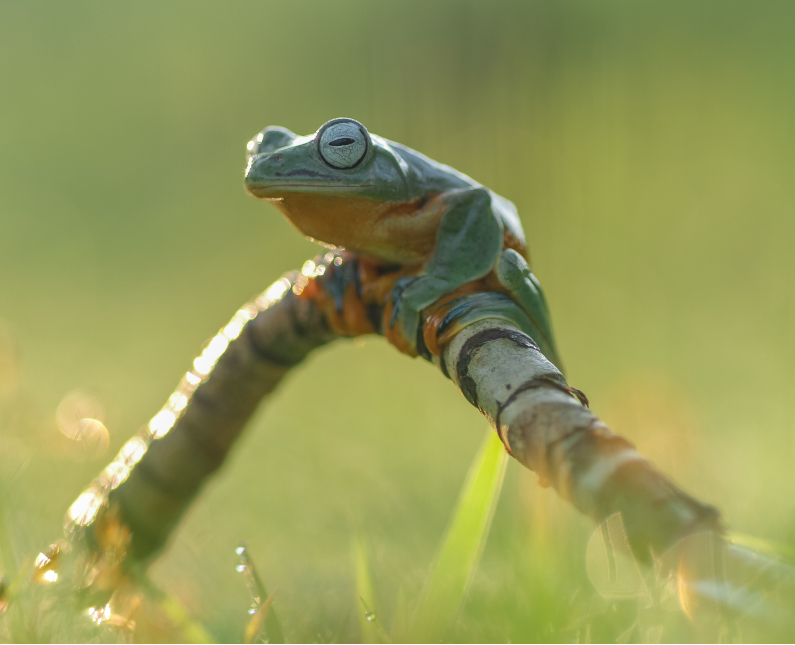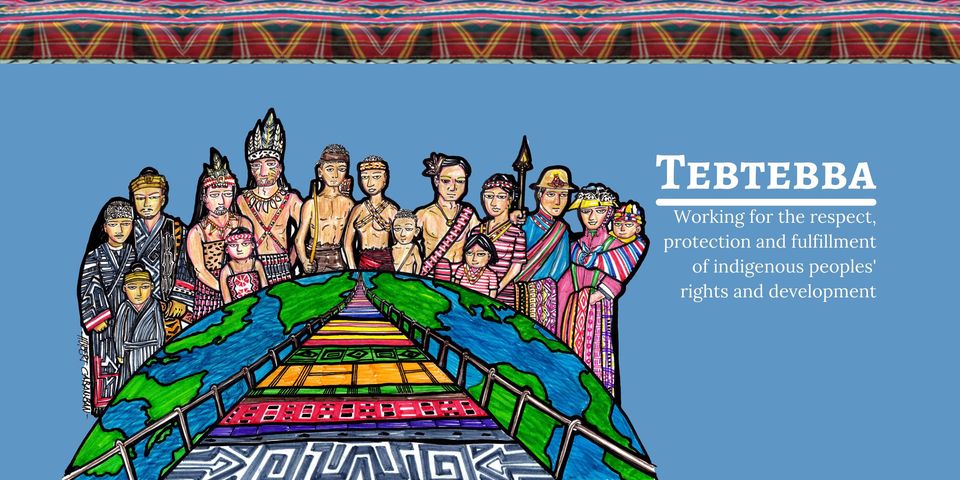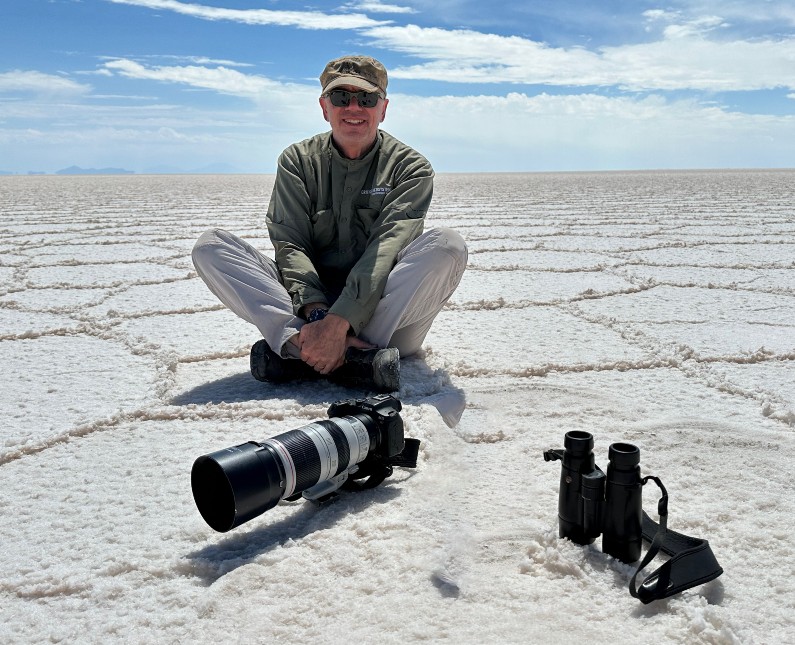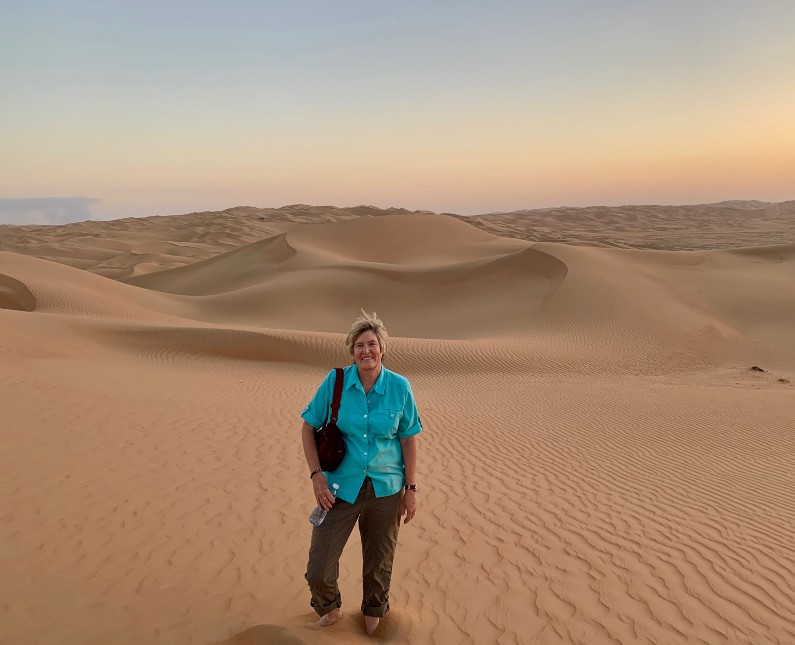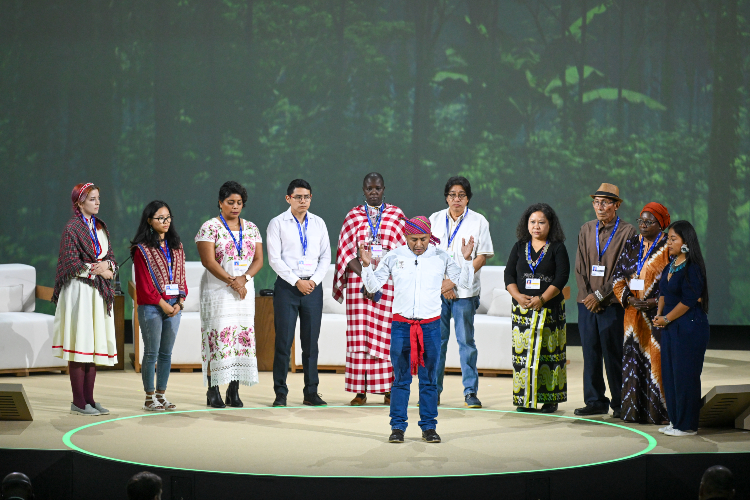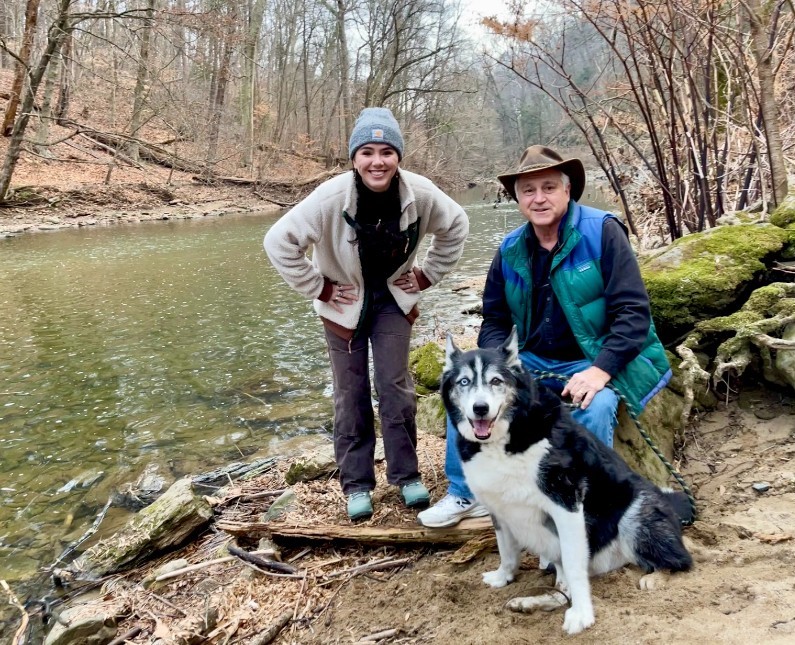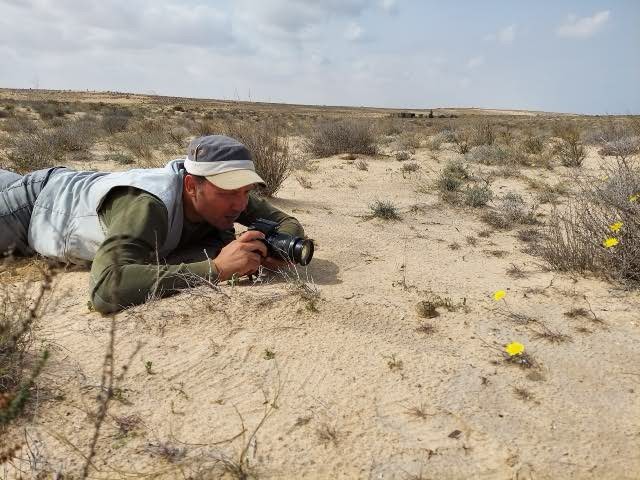The Mohamed bin Zayed Species Conservation Fund (MBZF) is reaffirming its dedication to amphibian conservation worldwide, recognising the role of frogs, salamanders and caecilians as keystone species and vital indicators of ecosystem health. Amphibians serve as both predator and prey, transferring massive amounts of energy within ecosystems, and helping to control insect populations that damage crops and transmit diseases. As sentinel species, they are highly sensitive to environmental changes, making them crucial barometers of ecosystem stability. When frogs and other amphibian species are in trouble, it is a warning sign that the entire ecosystem is in danger.
Amphibians: Nature’s guardians of ecosystem health
Celebrating incredible Emirati women
In every vibrant and progressive society, inspiring stories of strength, creativity, and dedication emerge. Emirati Women’s Day offers a unique opportunity to spotlight these narratives, which reflect the spirit of excellence and perseverance. Today, we celebrate the remarkable achievements of Emirati women who have made significant contributions across diverse fields, from environmental protection to sports and scientific research.
The journey of the Mohamed bin Zayed Species Conservation Fund began with Her Excellency Razan Al Mubarak, whose tireless dedication over two decades to preserving endangered species and promoting environmental conservation has been truly inspiring. Building on her legacy, we also honour other notable women, including Dhuha Albeshr, a sailor and conservation student, Khawla Al-Shehhi, a diving instructor and marine researcher, and Dr Hind Al Amri, a Marine Biodiversity Conservation Specialist, all united in their goal of ensuring a sustainable environment for future generations.
Through their achievements, we see how Emirati women are shaping the future by merging scientific excellence with the preservation of our environmental and cultural heritage. In this esteemed celebration, the MBZF reaffirms the vital role of women in driving progress and sustainability, honouring their contributions that inspire future generations to reach even greater heights.
10 minutes with Paul Hamilton, General Manager at The National Aquarium, Abu Dhabi
Recently, The Mohamed bin Zayed Species Conservation Fund partnered with the National Aquarium, Abu Dhabi and the African Aquatic Conservation Fund on a very special project. This collaboration enables crucial financial support from Abu Dhabi for the conservation of the special and highly threatened West African manatee in its natural habitat. Through this partnership, we aim to fund conservation projects and build local capacity to ensure the long-term protection of this unique species.
The MBZF podcast team from Repton School Dubai had an engaging conversation with Paul Hamilton, the General Manager of the National Aquarium. During the interview, they discussed various topics including the collaboration, conservation efforts, Paul’s passion for sharks, and much more. Before diving into the discussion, Adam asked some quick-fire questions to help us get to know Paul better. Sit back, relax, and enjoy this exciting interview.
In this interview, Paul’s passion for conservation shines through, and his forward-thinking approach is evident in the unique partnership to protect manatees in their natural habitat. We believe that this interview provides valuable insights into the captivating and exhilarating world of conservation.
MBZ Fund Announces ELATIA as Winner of Global Indigenous Climate Finance Study Bid
The Mohamed bin Zayed Species Conservation Fund is thrilled to announce that ELATIA (Indigenous Peoples’ Global Partnership on Climate Change, Forests and Sustainable Development) has been selected to conduct the comprehensive Global Data Study on Indigenous Peoples’ Climate Contributions.
The Mohamed bin Zayed Species Conservation Fund is thrilled to announce that ELATIA (Indigenous Peoples’ Global Partnership on Climate Change, Forests and Sustainable Development) has been selected to conduct the comprehensive Global Data Study on Indigenous Peoples’ Climate Contributions.
This study aims to bolster long-term access to climate finance for Indigenous Peoples by meticulously documenting their efforts in climate action across the seven socio-cultural regions.
ELATIA will focus on gathering and analyzing data concerning Indigenous Peoples’ ambition, mitigation strategies, adaptation measures, and resilience-building, along with exploring economic opportunities to enhance financial flows to Indigenous-led organizations. This initiative is aligned with the objectives of the UAE Presidency of COP28 and the UN Climate Change High-Level Champion for COP28, Razan Al Mubarak, which emphasizes the vital role of Indigenous Peoples in climate mitigation and adaptation.
The study also anticipates influencing future dialogues about direct financial access for Indigenous Peoples as we approach COP30. ELATIA, renowned for its dedication to sustainable, self-determined development and the rights of Indigenous Peoples, stands poised to deliver insights that will shape policy and funding strategies worldwide.
To learn more about ELATIA, please click HERE.
Introducing Olivier Langrand: MBZF Advisory Board Member
Hello, my name is Olivier Langrand. As a conservationist driven by both training and passion, I have dedicated my professional life to preserving biodiversity. Currently, I serve as an Advisory Board member for the Mohamed bin Zayed Species Conservation Fund. Over the years, I have had the privilege of working with esteemed organizations such as the World Wildlife Fund (WWF), Conservation International (CI), Island Conservation (IC) and my current role at the Critical Ecosystem Partnership Fund (CEPF), all in pursuit of making a positive impact on our planet’s natural heritage.
EDITOR Hello Olivier, thanks for your time, we’re looking forward to getting to
know you.
OLIVIER LANGRAND Likewise, I’m excited to share my experiences.
Introducing Dr. Allison Alberts: MBZF Advisory Board Member
Dr. Allison Alberts serves as one of eleven members comprising the Mohamed bin Zayed Species Conservation Fund’s Advisory Board. In this role, she specialises in evaluating grant proposals concerning lizards, snakes, and crocodilians. With a distinguished career spanning three decades at the San Diego Zoo, her passion for reptile conservation began in graduate school and has remained steadfast. Today, she brings her wealth of experience to identify and support the most promising projects in her field of expertise.
EDITOR Hello Dr Alberts, thank you for talking with us today.
ALLISON ALBERTS Thank you for having me, it’s my pleasure.
ED How long have you been part of the Fund, and what drew you to this position?
AA I was first invited to join the Fund’s Advisory Board in 2018, when I was serving as Chief Conservation and Research Officer at the San Diego Zoo. I was drawn to the Fund’s focus on species conservation, as well as its commitment to supporting early career conservationists working in their home countries to protect and restore endangered species and their habitats. When I spoke with others on the board, several members told me that serving the Fund as an advisor was one of the most fulfilling experiences of their career. I retired from the Zoo in 2020 but am still just as passionate about the Fund as I was when I first started, if not more so! I’ve seen first-hand the difference these awards can make in local communities helping people solve conservation challenges.
Call for Proposals: Global Data Study on Indigenous Peoples Climate Contributions
Call for Proposals: Global Data Study on Indigenous Peoples Climate Contributions
Deadline for Tender Responses: 15 May 2024
The Mohamed bin Zayed Species Conservation Fund is commissioning a global data study to draw together existing research around Indigenous Peoples climate contributions, across mitigation, adaptation, and resilience across the seven socio-cultural regions. The study will investigate the financing of those contributions, as well as challenges and opportunities for Indigenous Peoples to access finance.
This study will be used to support the objectives of the UAE Presidency of COP28 and the UN Climate Change High-Level Champion for COP28 to push for greater recognition of Indigenous Peoples climate contributions and to provide information on how to better support Indigenous Peoples financially in their nature and climate stewardship. The aim of this project is to demonstrate to interlocutors and the wider global public that Indigenous Peoples play a vital role in climate protection and that financing them is a key to continue relying on their stewardship. The study shall endeavor to outline options to improve Indigenous Peoples access to finance by highlighting barriers and solutions for Indigenous Peoples access to finance.
For more information and to access the tender, click on the below link.
Women in Conservation empowering the youth
Jasmine Sarbo is a student at the German International School Abu Dhabi, with a keen interest in environment, wildlife, and nature. She aims to study in that field after completing her tertiary education and aims to positively impact the environmental crisis and help endangered animals. Jasmine recently did an internship at the Mohamed bin Zayed Species Conservation Fund. It was here where she had the privilege of meeting and interviewing one of the MBZF conservation partners, Sara Lara, Executive Director of Fundación ProAves.
Jasmine Sarbo: I am here with renowned species conservationist, women’s empowerment advocate and the founder of Fundación ProAves and Women for Conservation, Sara Ines Lara.
Exploring Conservation Pathways: A Meandering Conversation with MBZF Advisory Board Member
Bay Noland-Armstrong, is a student at the University of Georgia focusing on wildlife conservation as well as captain of the Division 1 equestrian team. She aims to graduate with a bachelor’s degree in wildlife sciences and two minors (ecology and in parks, recreation, and tourism management) while additionally achieving her certificate in environmental education. Bay recently did two internships; one at the Smithsonian National Zoo and Conservation Biology Institute in conservation education and another as Loon Ranger for the Montana Fish, Wildlife and Parks Department.
As a young and upcoming conservationist keen to find her way, Bay caught up with William “Bill” Konstant, an Advisory Board member of the Mohamed bin Zayed Species Conservation Fund to learn more about life in conservation.
She met Bill and Blue (Bill’s trusted and loved canine companion) at their favourite spot at Wissahickon Creek in Pennsylvania, to learn more about his book and his work with the Fund.
Bay Noland-Armstrong
I am here with Bill Konstant. He is a renowned wildlife conservationist and the author of his newly released memoir, Wrestles With Wolves.
Bill Konstant
The subtitle of the book, Saving the World One Species at a Time, is Bay’s contribution to the book.
Evolution of conservation: A 14-year journey unveiling the transformative impact of technology
In June, 14 years ago, the Mohamed bin Zayed Species Conservation Fund pledged its allegiance to conservation globally by funding 22 projects. One of these projects was for a young man from Egypt looking to protect the Egyptian tortoise. It was very fitting that Basem Motwale Rabia was again granted funding for the same species during the last round of funding in 2023. We caught up with him to find out how conservation has changed over the past decade.
EDITOR How many grants did you receive from the Fund and when?
BASEM RABIA After receiving funding from the Mohamed Bin Zayed Foundation in 2009, I have not sought or received any further support. In fact, since my initial application to the MBZ Conservation Fund, I have not requested assistance until recently, when I identified the need for support in undertaking upcoming conservation efforts with the critically endangered Egyptian tortoise species.
Read more…


